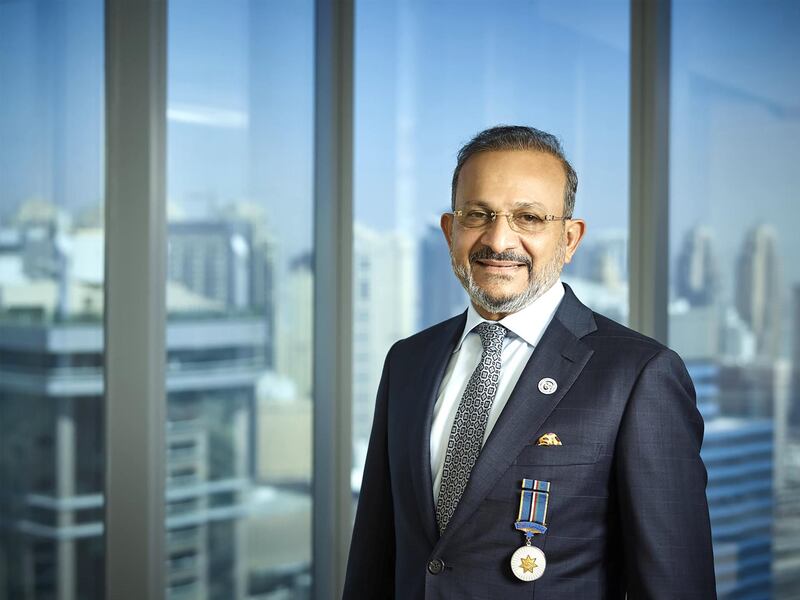More than 11,000 inmates were released in Dubai after charities and philanthropists donated nearly Dh7 million to clear their debts.
The Correctional and Punitive Establishments at Dubai Police raises funds annually to give prisoners in debt a second chance to move on with their lives.
This year, various charities raised Dh6,841,140 million to settle the debts of inmates.
“Our humanitarian approach aims to grant inmates second chances to reform and start new lives by providing them with the necessary support in co-operation with different concerned authorities and generous individuals,” said Brig Ali Mohammed Al Shamali, director of the correctional and punitive facilities.
“We are keen on strengthening our social responsibility in coordination with charities to end the suffering of inmates and help them start again, improve their conditions, and solve their financial and social problems."
Several philanthropists in the UAE donate money to bail out prisoners and pay for their flights to their home countries.
Firoz Merchant, founder and chairman of retailer Pure Gold Group, started a charity called Forgotten Society in 2008 to helps indebted prisoners.
Last year, he donated Dh1 million to free inmates who had completed their sentences but could not be released as they owed money.
Emirati businessman and DMCC free zone boss, Ahmed bin Sulayem also donated Dh506,053 in 2019 to help settle the debts of 10 prisoners.
Banks in the UAE frequently file criminal cases against loan defaulters. The practice is criticised by lawyers who note punitive measures, like prison terms and fines, do not allow people to repay their debt.
Often, prisoners cannot leave jail until they have paid debts or fines, even if they have completed their sentence.
A personal insolvency law that came into effect in January gave people the option to manage and repay their debt in a court-approved system.
The new law aims to protect debtors from legal prosecution, decriminalise the financial obligations of insolvent persons and allows them to continue to work and clear debt over three years while supporting their families.
Steps to decriminalise debt have been widely lauded by lawyers, financial advisers and social workers.
Court-approved repayment plans are expected to have more relaxed terms, possibly by lowering interest rates.
There are about three million active borrowers in the UAE, according to November 2018 data from Al Etihad Credit Bureau.








